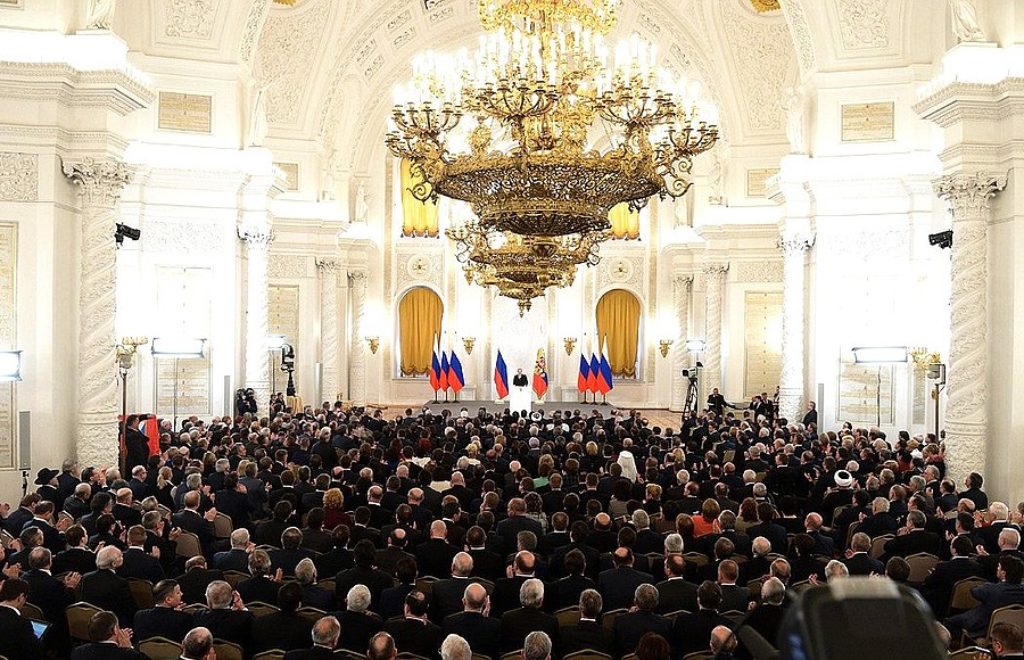Russia’s thorny relationship with democracy
The assassination of Boris Nemtsov in front of the Kremlin on February 27th 2015 marked the first time since the execution of Lavrentiy Beria in 1953 that a viable contender for Russian power was summarily eliminated. By the time Brezhnev forcibly ousted Khrushchev from power in 1964, the Soviet elite had tacitly agreed that power struggles between them would not result in murder; Khrushchev died eight years later, with a pension. Since 1953, the Russian political elite who came to power through illiberal and undemocratic means did not generally purge the allies of their predecessors for fear that the same would be done to them if and when they were succeeded. Perhaps, whoever ordered the assassination of Boris Nemtsov harbours no such fears.
May 31, 2017 - Naphtali Rivkin


































